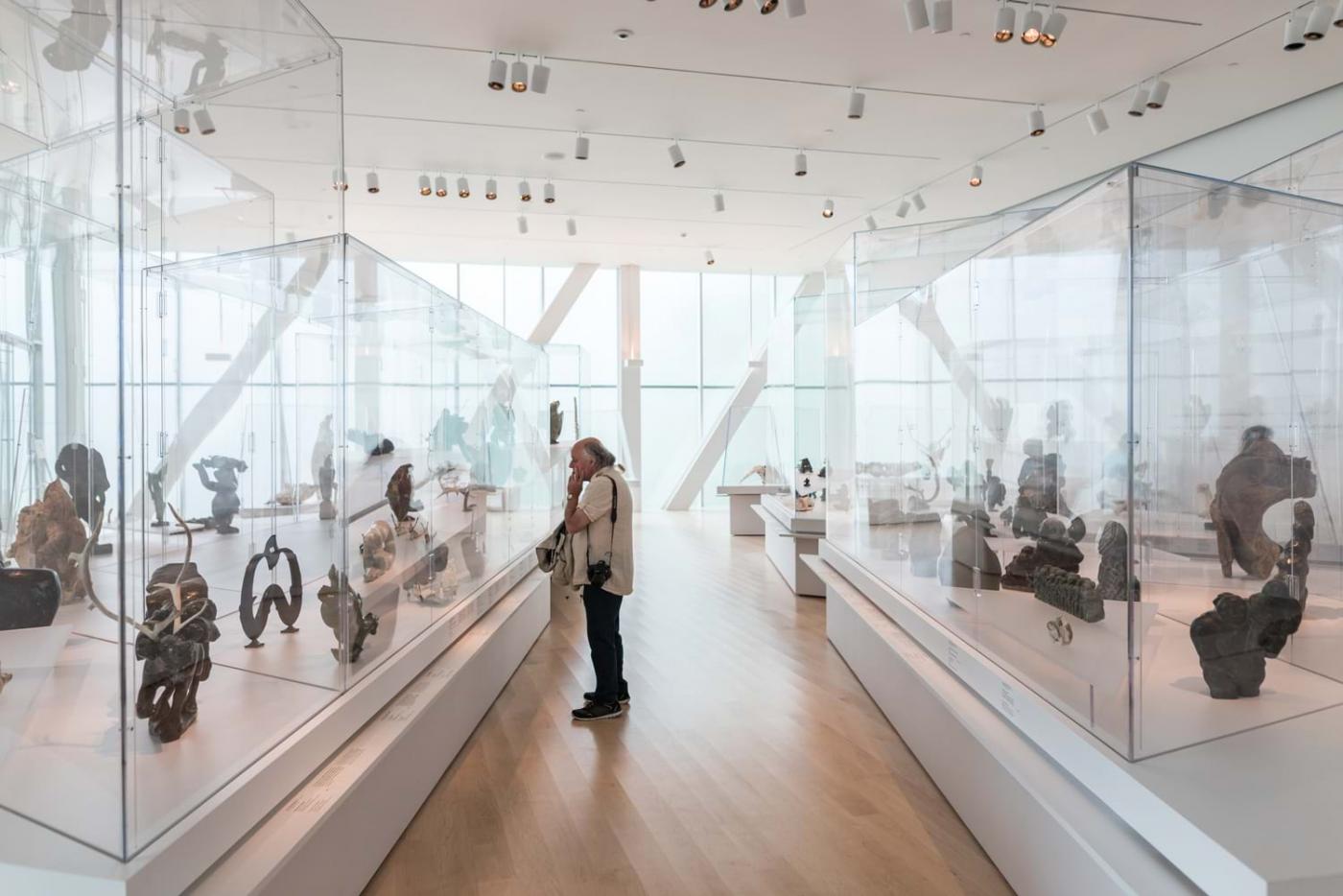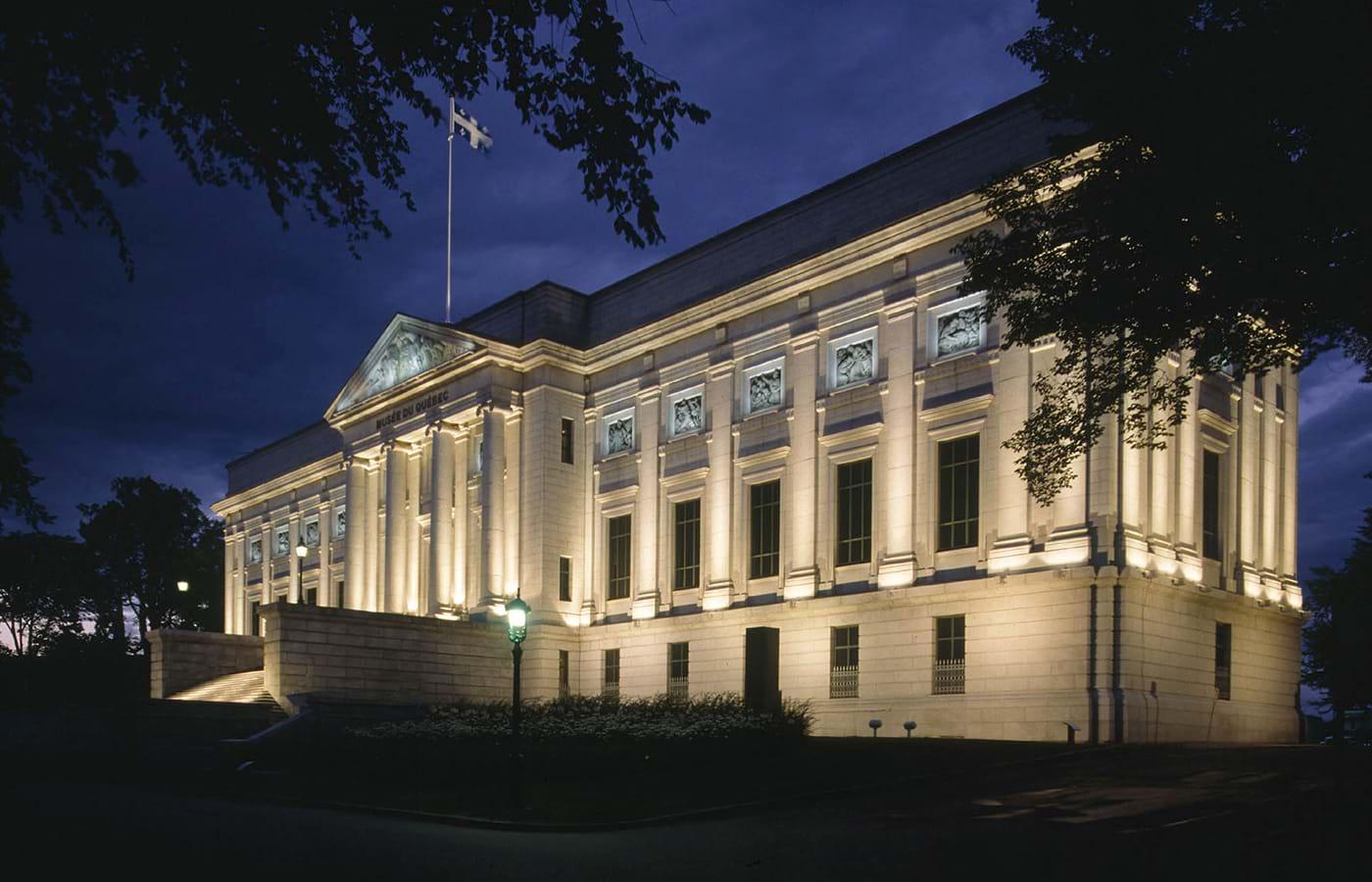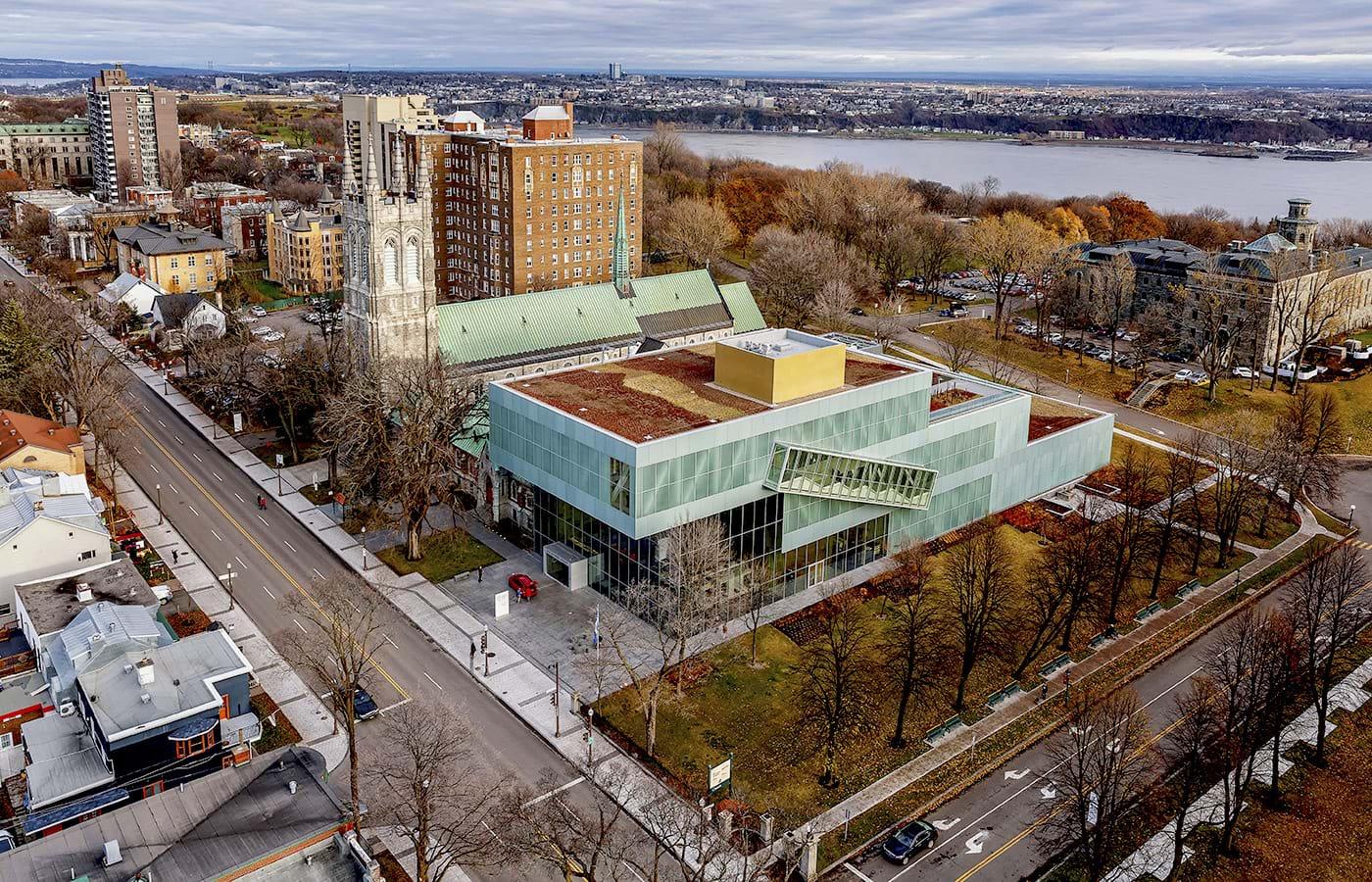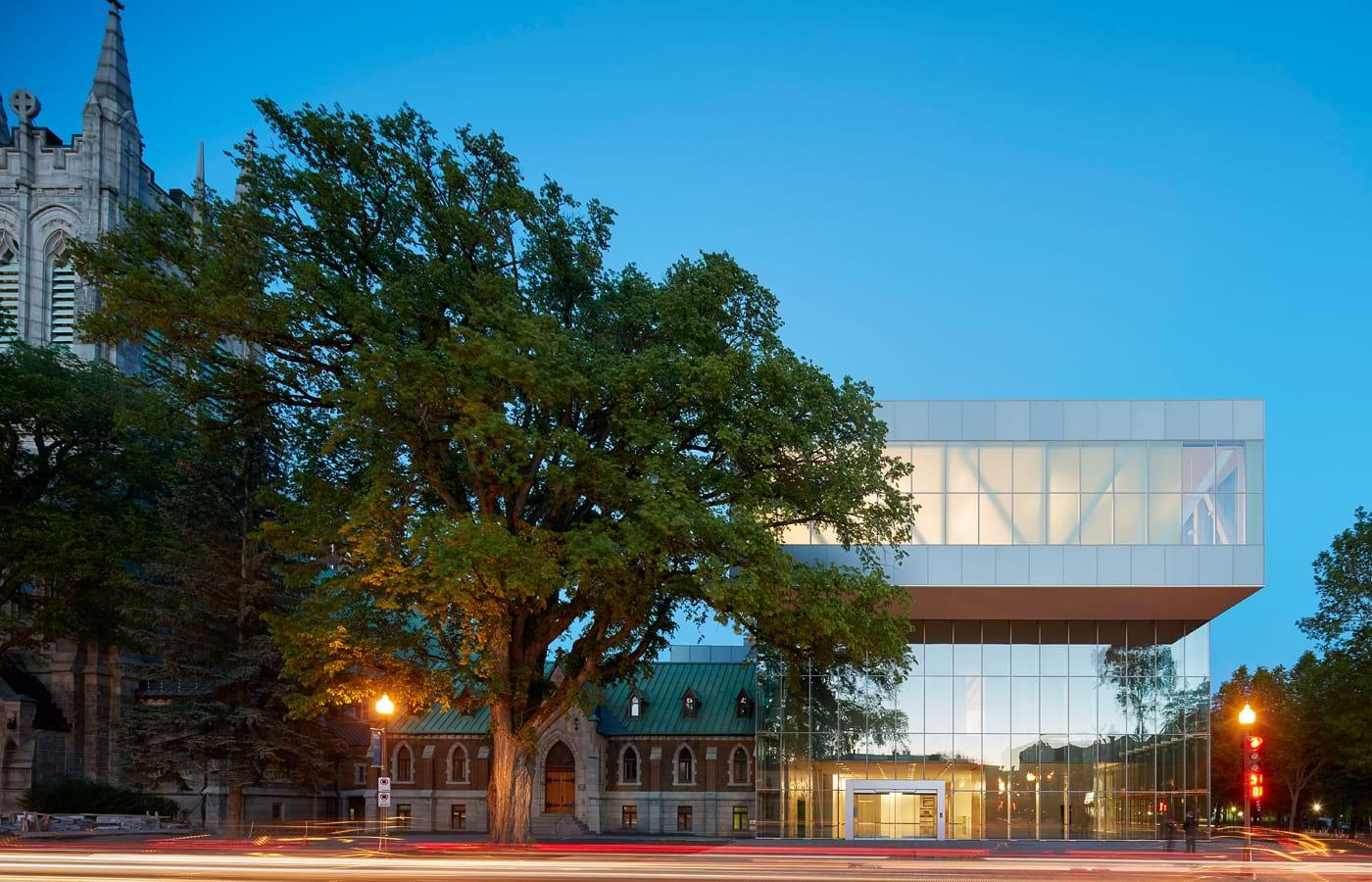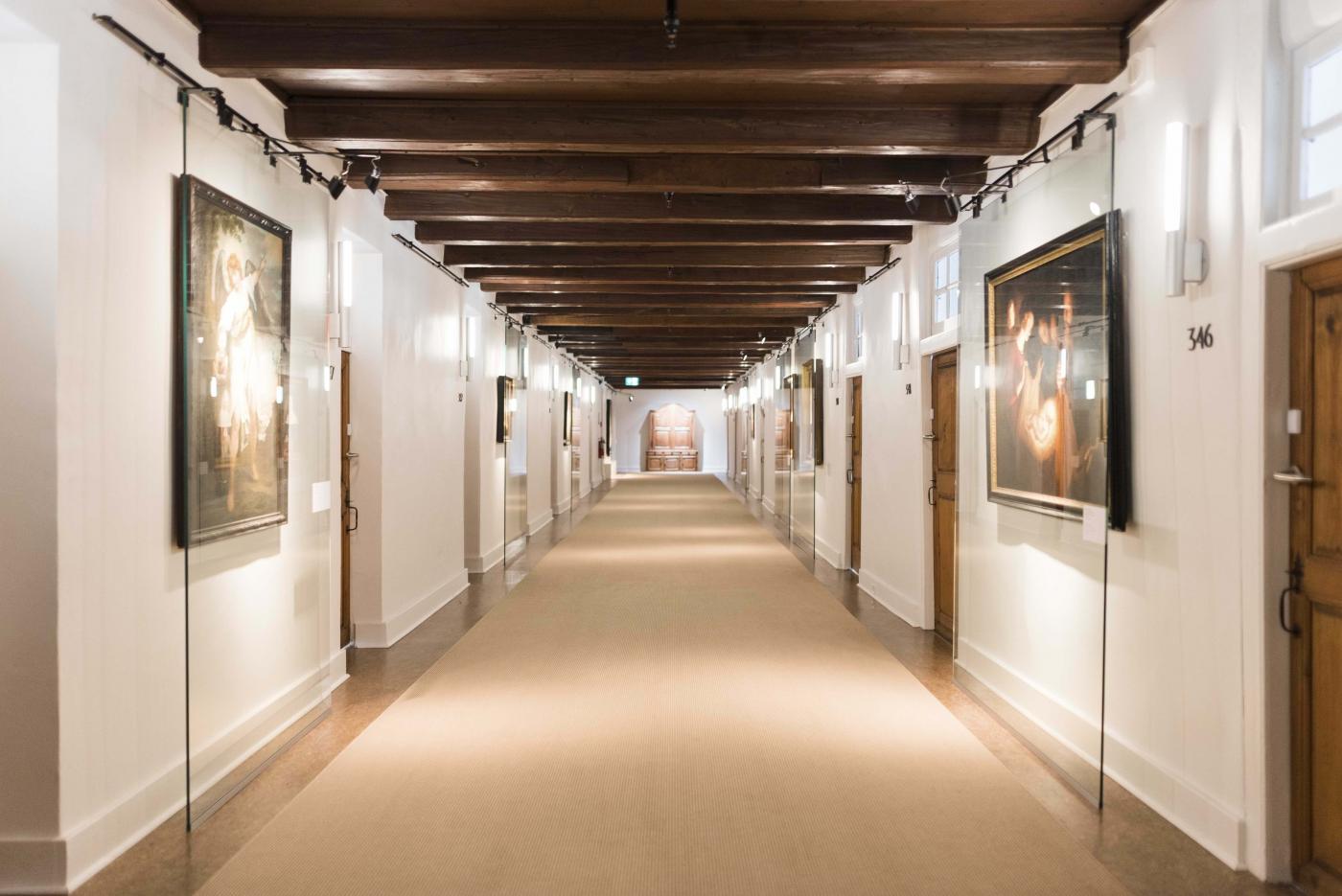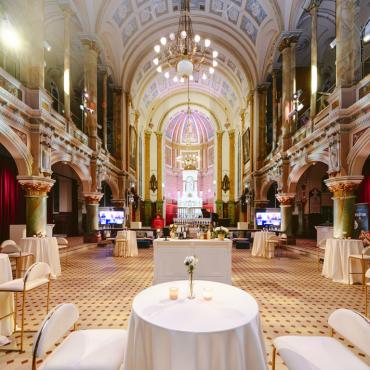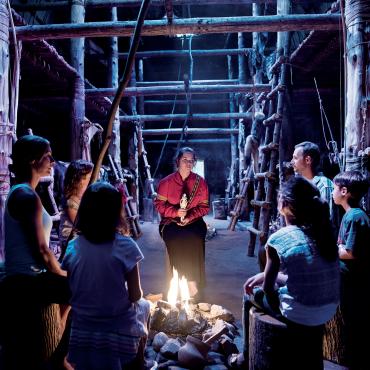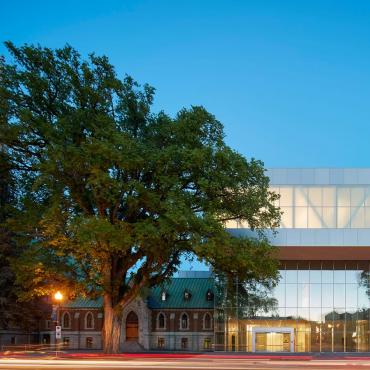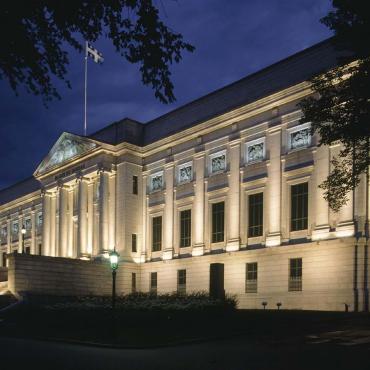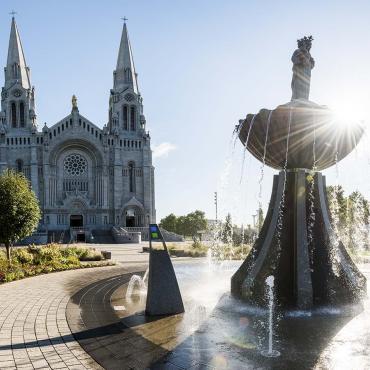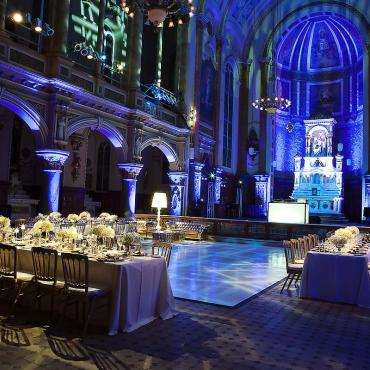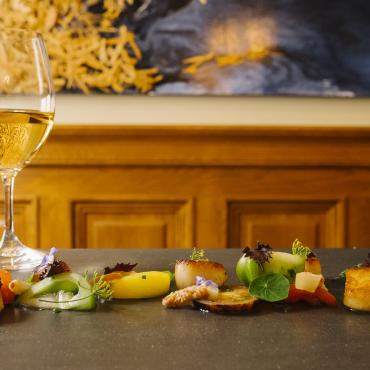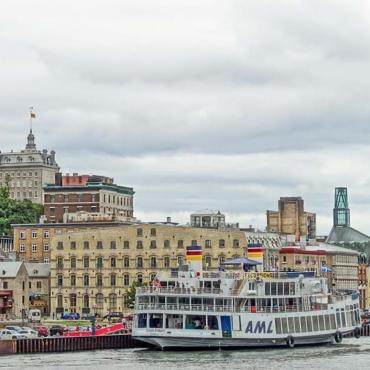Why host an event in a museum? Tips and benefits for planners
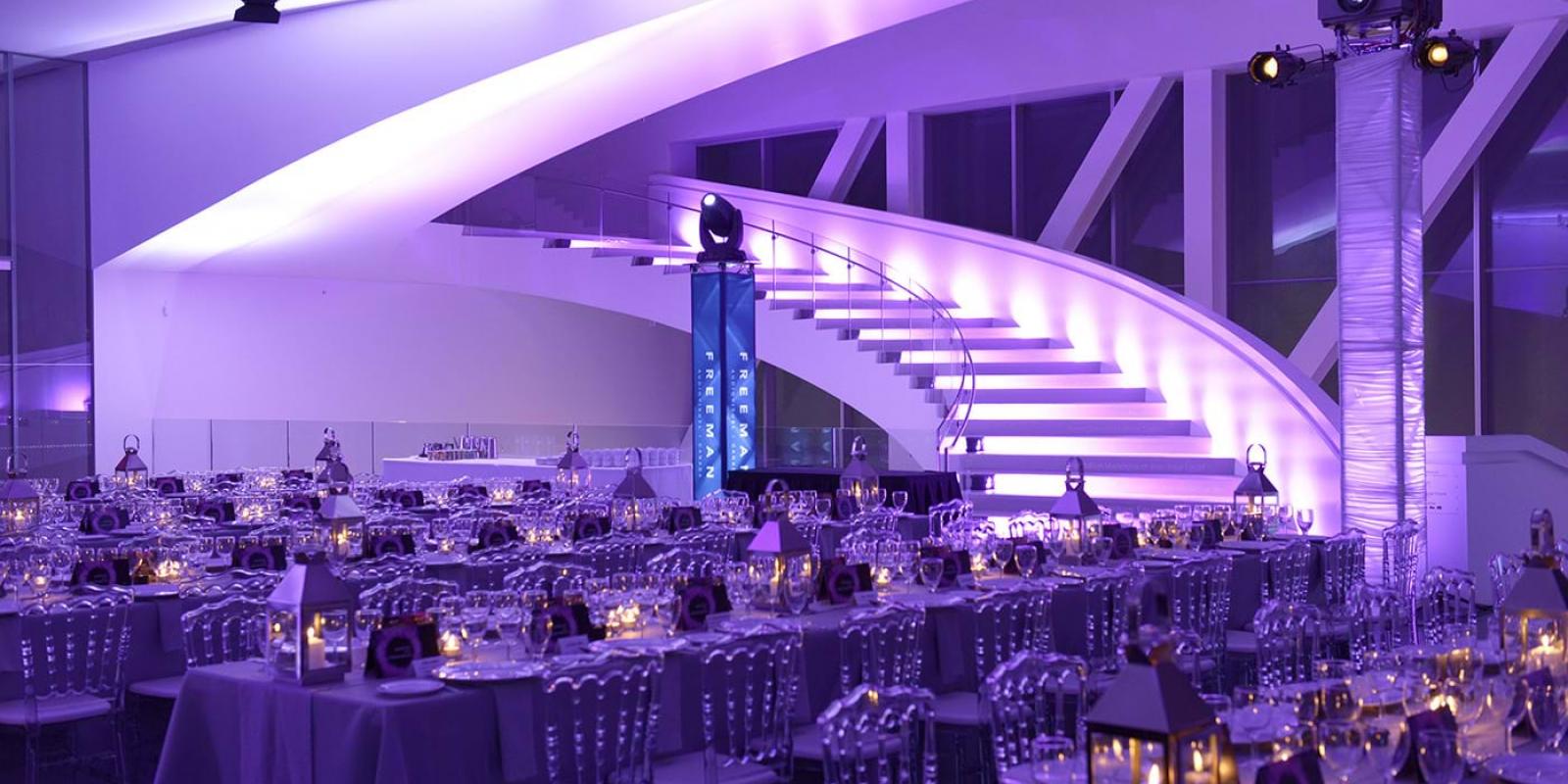
Imagine holding an off-site event surrounded by awe-inspiring paintings, majestic statues, or almost mystical archaeological finds. Your attendees are immersed in the history, culture, and heritage of the host city where your conference or convention is being held. As your guests network or enjoy a fun-filled, off-hours cocktail reception, they become swept up in the art and architecture.
This is an event that will go down in the history books.
This is an event held at a museum.

Event planners often look for new and exciting venues for off-site activities during an event. If you’re aiming for creativity, attendee engagement, and lasting impressions, look no further than your host city’s museums. However, there are some important aspects to consider when organizing an event in a museum. We spoke with Marie-Josée Légaré, Sales Representative for Groups at the Musée national des beaux-arts du Québec, to explore the benefits of hosting an event in a museum—and the unique logistics that come with it.
Avantages to hosting an event in a museum
-
 Jeff Frenette Photography
Jeff Frenette Photography
“When hosting an event in a museum, you’re offering time-strapped delegates a chance to discover local art, history, and architecture,” explained Ms. Légaré. “If a conference or convention features a packed schedule of presentations and meetings, attendees may not have the time to truly take in the host city. An off-site activity at a museum gives visitors a meaningful way to connect with the city’s culture as it evolved over time.”
Another advantage is how a museum can naturally encourage mingling and networking. As Ms. Légaré noted: “Because delegates are observing art, they have something to talk about other than work or the typical polite, age-old introductory questions. A museum creates a shared experience that stays with them for years.”
Tips to organizing an event in a museum
“Needless to say, organizing an event in a museum isn’t quite as simple as booking a hotel meeting room,” Ms. Légaré pointed out. “It’s important to remember that a museum’s first mandate is to promote and showcase art to the general public.”
This means that while museums are open to private events, planners must consider operational factors like opening hours. “For example, at the Musée national des beaux-arts du Québec, we have a wide variety of event spaces, but some may still be open to the public during the day.”
Ms. Légaré recommends checking the museum’s hours and policies on closing off sections of the venue. “And remember,” she added, “because museums are public spaces, setup and takedown times may be limited. Most museums can’t compromise the visitor experience with closed areas, elaborate decor, or long on-site logistics.”
Once you’ve selected a museum, keep in mind that you chose it for a reason—and that includes accepting the services and ambiance it offers.
Museums have missions and guidelines when it comes to decorations, audiovisual equipment, and catering—often due to partnerships or internal policies,” said Ms. Légaré. “Rather than trying to change the museum’s setup, embrace it.”
-
 Jeff Frenette
Jeff Frenette
Before finalizing your off-site activity strategy, Ms. Légaré also recommends inquiring about fire, water and safety regulations. “We are dealing with precious art and artefacts here. That’s why it is so important for museum representatives and event planners to sit down together from the get go to align visions, expectations and possibilities.” This may mean reconsidering where you organize a BBQ or a car launch, for example.
Finally, Ms. Légaré encourages planners to verify rules around copyright and photography. “It’s important to understand these policies and communicate them to attendees before and during the event. The last thing you want is disappointed guests who were told they couldn’t take photos.”
Ms. Légaré concluded: “Museums are prestigious—yet totally accessible—venues for all types of events and off-site activities. Event planners just need to remember that museums are works of art themselves—and should be handled with care.”
